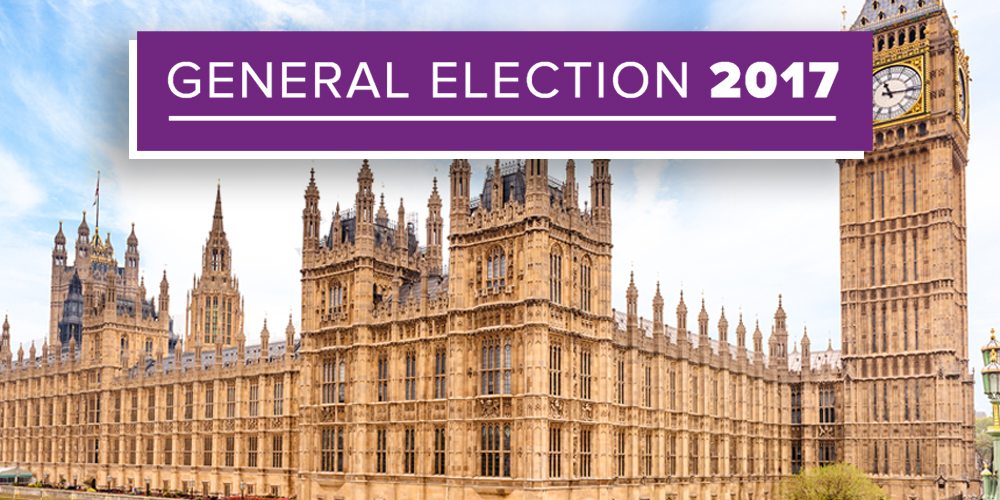It was former Prime Minister, Harold Wilson, who stated: “A week is a long time in politics”. Well, it’s been just over seven since Theresa May announced the General Election and it’s felt like a very long time!
Now though, with a victory for the Conservatives confirmed, we can now look forward, and ask: How will your personal finances be affected by the result?
Income Tax and National Insurance
The future of both Income Tax and National Insurance is unknown.
In the run up to the election, Philip Hammond, the Chancellor, made an ill-fated attempt to increase the amount of National Insurance paid by the self-employed. Following a media backlash, a quick U-turn was executed.
The Conservative manifesto confirms the existing commitment to raise the tax-free personal allowance, from £11,500 to £12,500 by 2020. The plan to raise the threshold for higher-rate taxpayers, to £50,000 by 2020, will also be kept.
Figures from AJ Bell show that these changes would make 24 million basic-rate taxpayers £33 a year better off, with higher-rate taxpayers saving £208.
However, some uncertainty lingers. Not least because David Cameron’s guarantee that Income Tax, National Insurance and VAT won’t rise, will be scraped in the future. Many people also believe that the Chancellor could also revisit the level of National Insurance contributions paid by the self-employed.
What will change with Corporation Tax?
Put simply, it will reduce.
The promise to cut Corporation Tax to 17% by 2020 will be kept. The rate is currently set at 19%, for all companies, irrespective of the profits they make.
A promise to review the business rates system has also been made, with the aim of more frequent reviews and lower rates for smaller businesses.
Value Added Tax (VAT)
The Conservative manifesto states: “We will not increase the level of Value Added Tax.”
State Pension
The ‘triple lock’ currently guarantees that the State Pension will rise by whichever is the highest out of:
- Average earnings
- The rate of inflation as measured by the Consumer Price Index (CPI)
- 5%
The Conservatives have committed to maintaining the ‘triple lock’ until 2020. After which point, the State Pension will rise in line with the higher of earnings or inflation; effectively a ‘double lock’, without the guaranteed 2.5% annual increase.
The age at which we get our State Pension is already set to rise for both men, and women, to 66 by 2020 and then to 67 between 2026 and 2028. Whilst the other main parties pledged to keep increases to a minimum, the Conservatives have committed to increasing it in line with life expectancy. So, expect to wait longer for your State Pension in the future.
Unlike those of the other major parties, the Conservative manifesto made no mention of relief for the so called ‘WASPI’ women affected by increases to their State Pension age.
Pensioner benefits
Certain benefits that pensioners are currently entitled to, such as free bus passes and TV licenses will be kept. Winter fuel payments, which are currently universal and worth between £100 and £300 each year, will though, in future, be means tested.
National Living Wage?
The manifesto pledges to increase the National Living Wage, which applies for anyone aged 25 or over, from £7.50 to £8.75 by 2020.
The Lifetime ISA (LISA)?
The LISA was introduced by the Conservatives in April 2017. It is designed to provide a tax-efficient way to save for either a first home or retirement from age 60.
The Government boost any deposits up to a maximum of £4,000 per year by 25%, which has caused some people to question how the election will affect the LISA. Currently there are no plans to scrap or change the terms of the LISA, or any ISA for that matter, so as of the time of writing this it remains safe.
Social care?
This continues to be one of the most controversial topics of the whole election campaign.
The Conservatives initially stated that in future, people would be expected to use their capital, including their home, to pay for the cost of care, until their assets fell below £100,000. This is actually a significant increase on the current level of approximately £23,000; however, that seemed to be overlooked in the heat of the campaign. They also, initially at least, ruled out a cap on the fees you can be expected to pay personally for care.
After being dubbed the ‘dementia tax’ a swift U-turn was performed and the Conservatives have now committed to a cap, and a consultation, on the level it would be set at.
Wait and see
There’s no doubt, it will take a while for the dust to settle after the election.
Policies and promises that were made during the campaign aren’t necessarily guaranteed to happen. So, for now, we’ll have to wait and see before we know who the real winners and losers are.
One immediate loser could of course be the current Chancellor, Philip Hammond. He’s been notably absent from much of the campaign and could be the first to get a call from Mrs May in any post-election reshuffle.
For more information on how the General Election will affect your personal finances, please don’t hesitate to get in touch with us in the normal way.






